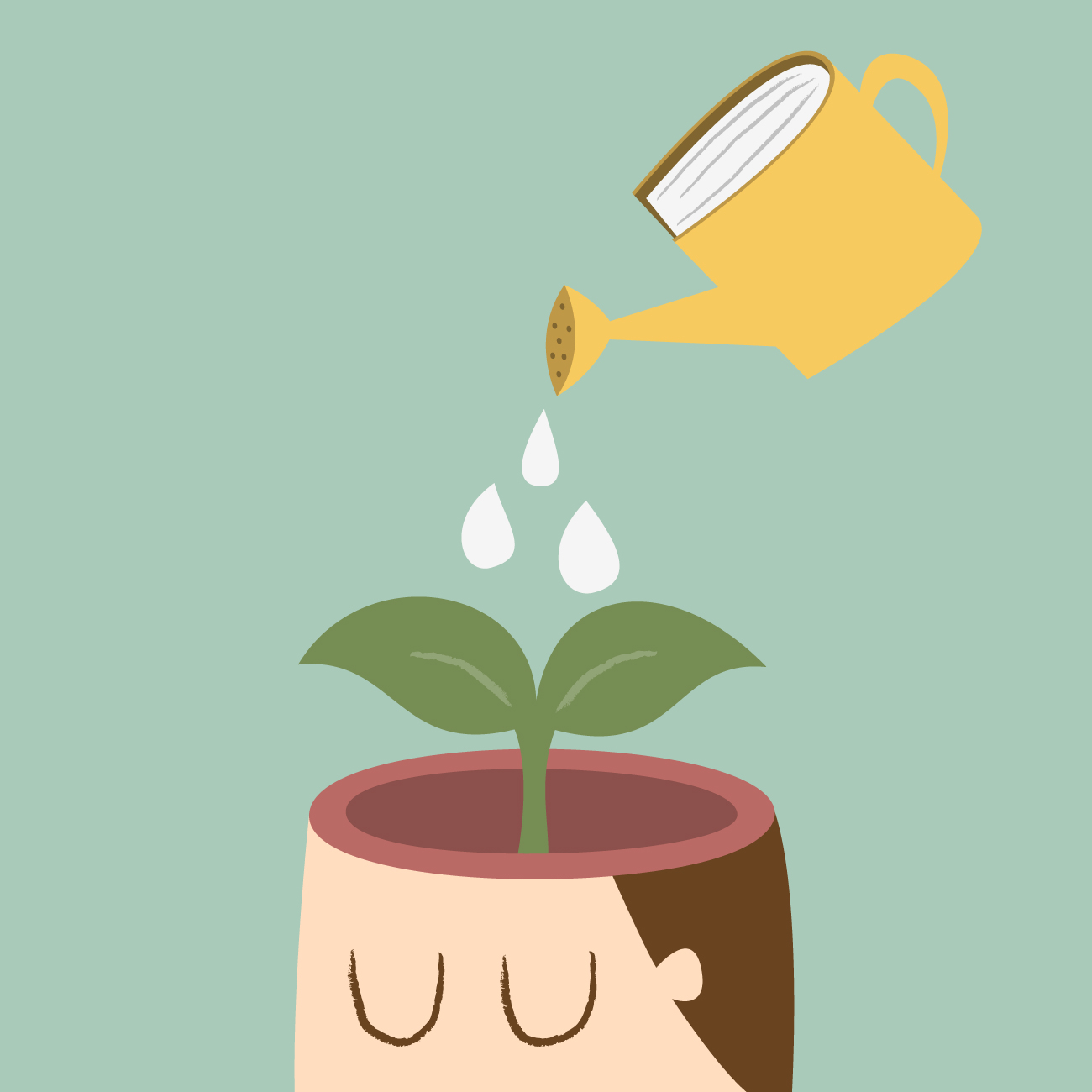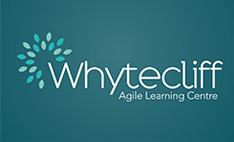Welcome all! Thanks for being patient as we finally finish getting our shiny new Whytecliff website up and running. To inaugurate our blog, I’d like to kick things off with a short little discussion of a key concept near and dear to the whole Whytecliff team: Enrichment. It’s a word that gets tossed around a lot these days, but it’s an idea that extends much deeper than many realize. More than a simple ‘add-on’, enrichment is a whole attitude about how we grow a healthy mind… one with profound implications for shaping our life, learning, and overall well-being.

For most of us, it’s common sense that healthy eating and regular exercise are good investments in our physical health. Why is it that we don’t extend the same level of courtesy and respect to the mind? Sure, desk work such as reading, writing, arithmetic, etc give our brain a ‘workout’… but what do we do to replenish our mental and emotional reserves? What does a healthy, balanced, nutrient-dense mental ‘diet’ look like? After all, we are what we eat; and if it’s true for the body, it’s true for the mind.
Pretend for a moment that you’re a young, growing plant. In my vocabulary, our environments and experiences are the ‘soil’ that surrounds us. Just as different plants thrive in different types of soil, so too with children. …And what sort of gardener would you prefer? One that sees only problems (and wants to chop off unruly branches), or one that sees potential (and wants to make sure you’re in the right ‘soil’, positioned for success)?
Nourishing young minds is like being a patient gardener. Instead of a ‘top-down’ paradigm (of shaping or moulding), it’s a more organic ‘bottom-up’ approach… as we add water to young people’s lives (and they in turn, learn to add water to their own and each other’s lives) children naturally grow and change in ways that deepen the very ‘roots’ of human flourishing and resilience. Enrichment is about so much more than just boosting our brain power, it’s about fortifying our physical, mental, and emotional reserves, and feeling fully human.
 Back to blog
Back to blog
